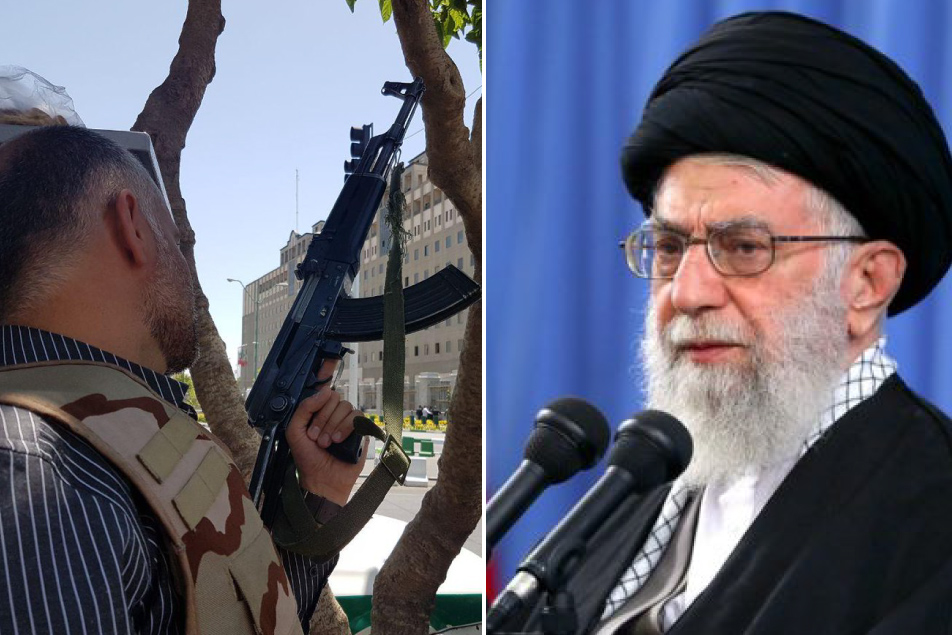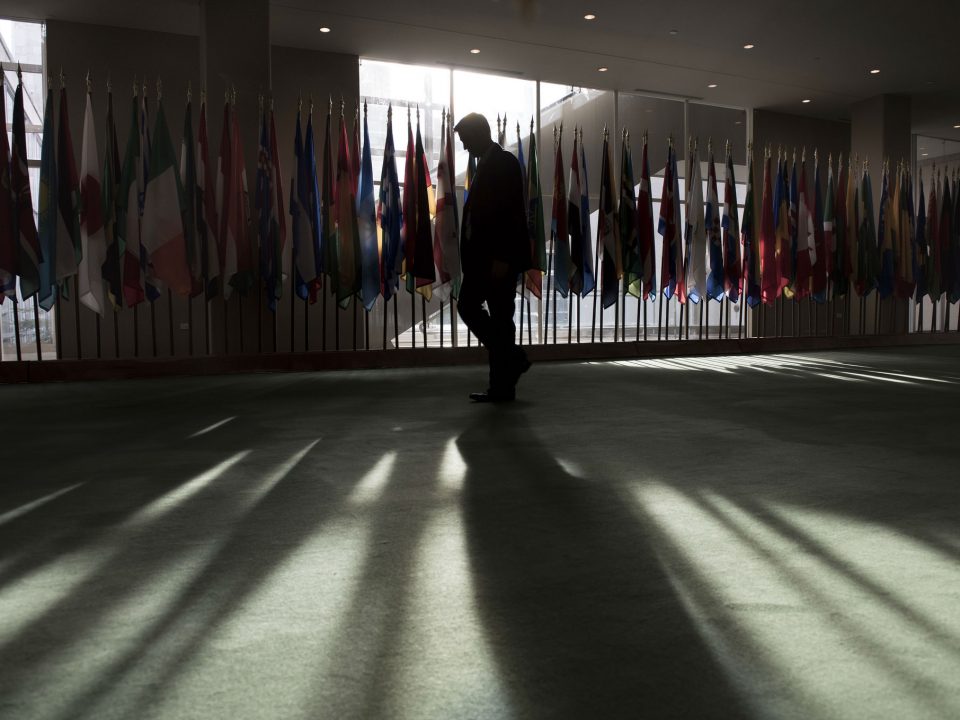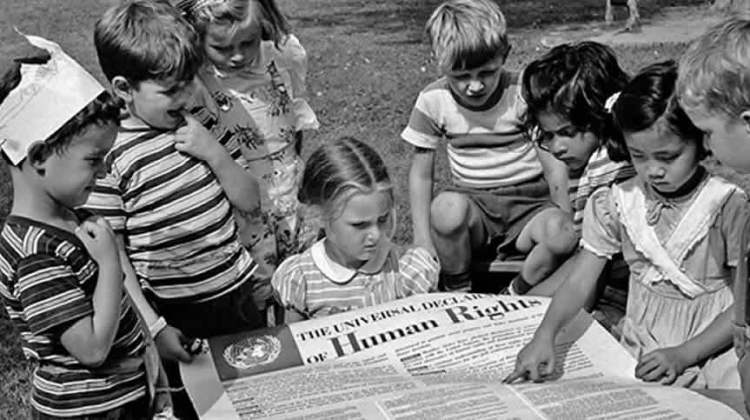June 19, 2017
- All
- Advocacy
- Annual Report
- Arseh Sevom 2017
- Attack on civil society
- Bani-Adam - Anti-Discrimination
- Bits of news
- Civil Society
- Civil Society Cookbook
- Civil Society Watch
- Contributors (Issue #1)
- Contributors (Issue #2)
- Dar Sahn
- Elections
- Environment
- Featured
- Featured Topics
- Free Speech
- Guardian Council Profiles
- Halal Internet
- HIV/AIDS
- House of Cinema
- In the news
- Infographic
- Jobs
- Jobs & Internships
- Magazine
- Networking Issue
- Newsletter
- Obstacles to Democracy
- Other Voices
- Other's Reports
- Post of the Week
- Press
- Publications
- Reports
- Research
- Resources
- Sanctions
- Simple Security
- single-page
- Statements
- Training
- What's Next?
- Woman, Life, Freedom
May 16, 2017
Federica Mogherini High Representative of the Union for Foreign Affairs and Security Policy / Vice-President of the Commission European Commission Rue de la Loi / Wetstraat […]
August 16, 2016
Iranian authorities have been executing Kurdish prisoners at an alarming rate. Arseh Sevom joins more than 20 organizations calling for an immediate halt to the execution of Kurdish political prisoners and prisoners of conscience.
November 19, 2015
Thirty-six human rights and civil society organizations call on the UN General Assembly to continue monitoring and reporting on the human rights situation in the Islamic Republic of Iran. Nobel Peace Prize Laureate Shirin Ebadi is also a signatory to the letter.
March 12, 2015
Arseh Sevom — A group of 36 organizations including Arseh Sevom signed a letter to members of the United Nations Human Rights Council asking for a […]
March 12, 2015
This fact sheet updates the current human rights situation in Iran. According the UN Special Rapporteur on Human Rights in Iran, "Iran is the the country in the world with the biggest gap between practice and potential."
December 21, 2014
Arseh Sevom joins 20 other organizations in calling for the Iranian authorities to address the concerns of 27 Kurdish political prisoners who have been on hunger strike in Orumiyeh.
October 16, 2014
At the end of October 2014, the United Nations Office of the High Commissioner for Human Rights will be reviewing Iran's record on human rights and its efforts to improve conditions.
September 25, 2014
Arseh Sevom is one of 26 signatories to a letter requesting that Iran honor its promise to host UN Special Procedures visits and protect human rights.










